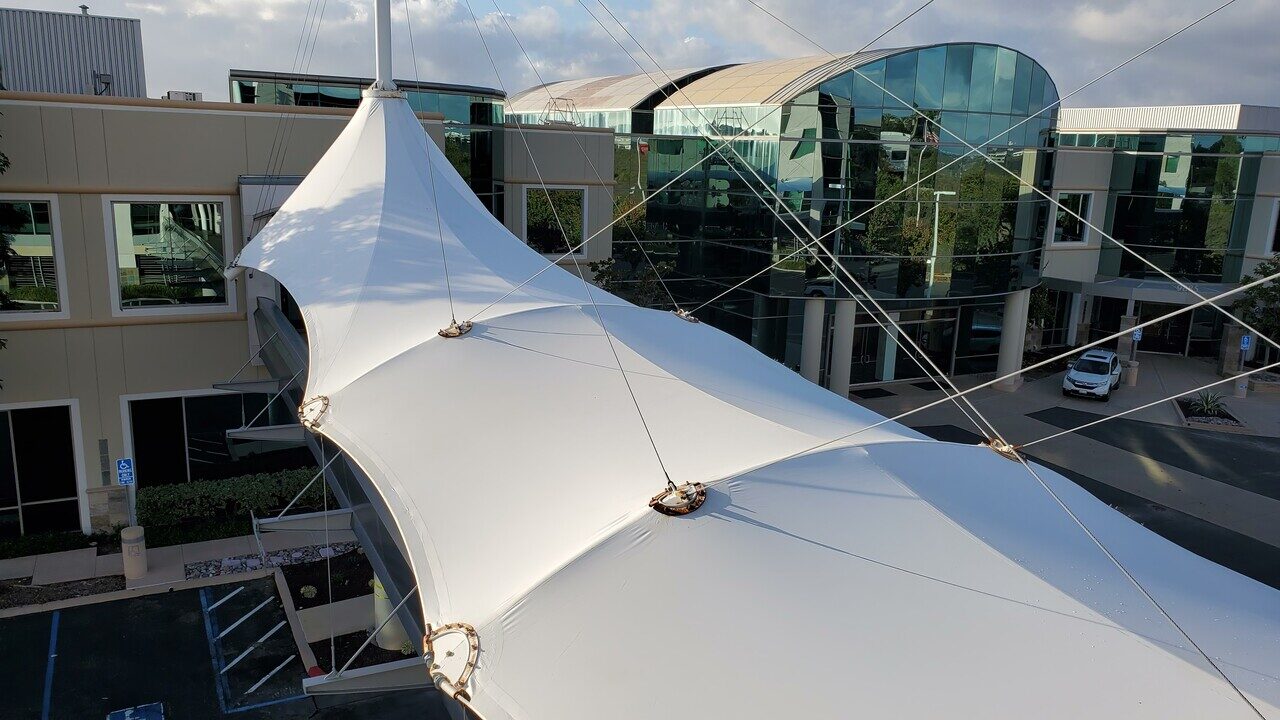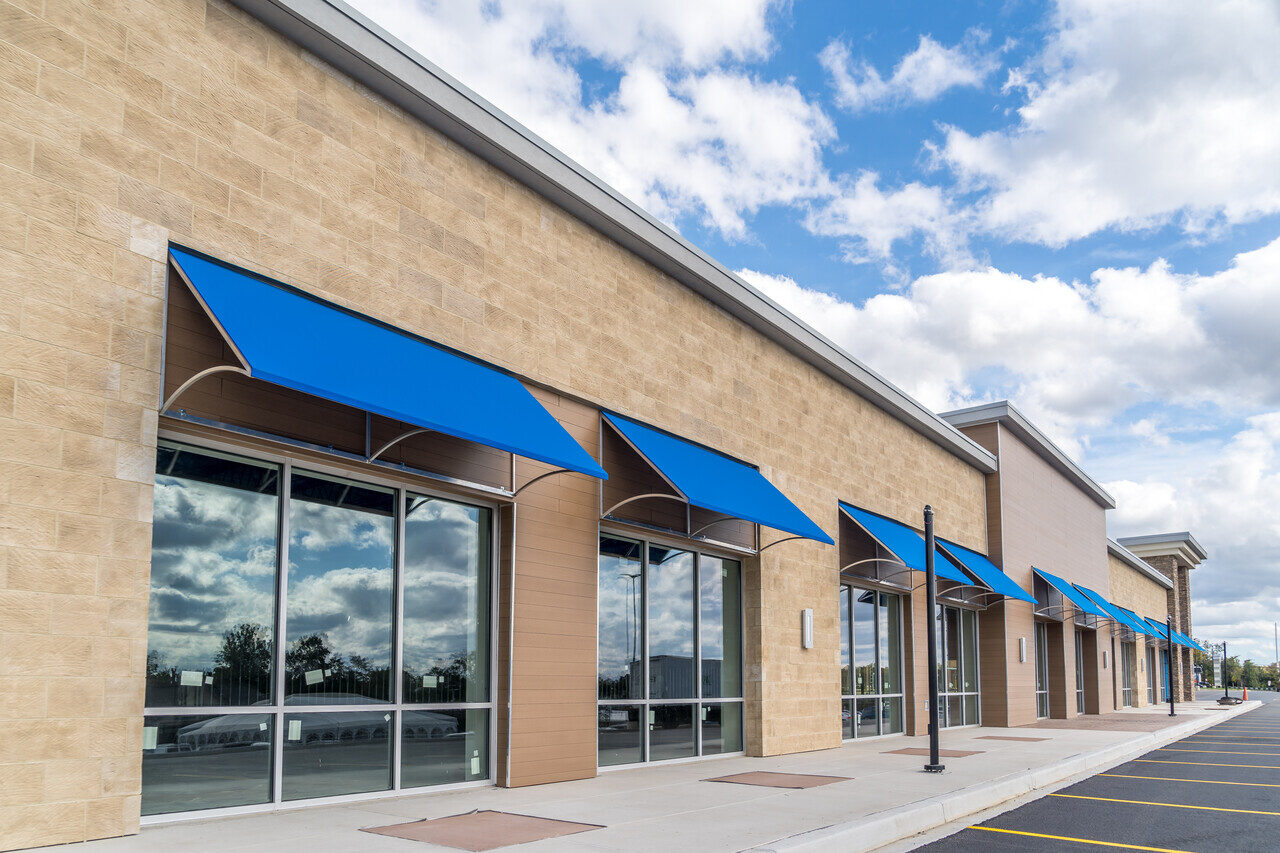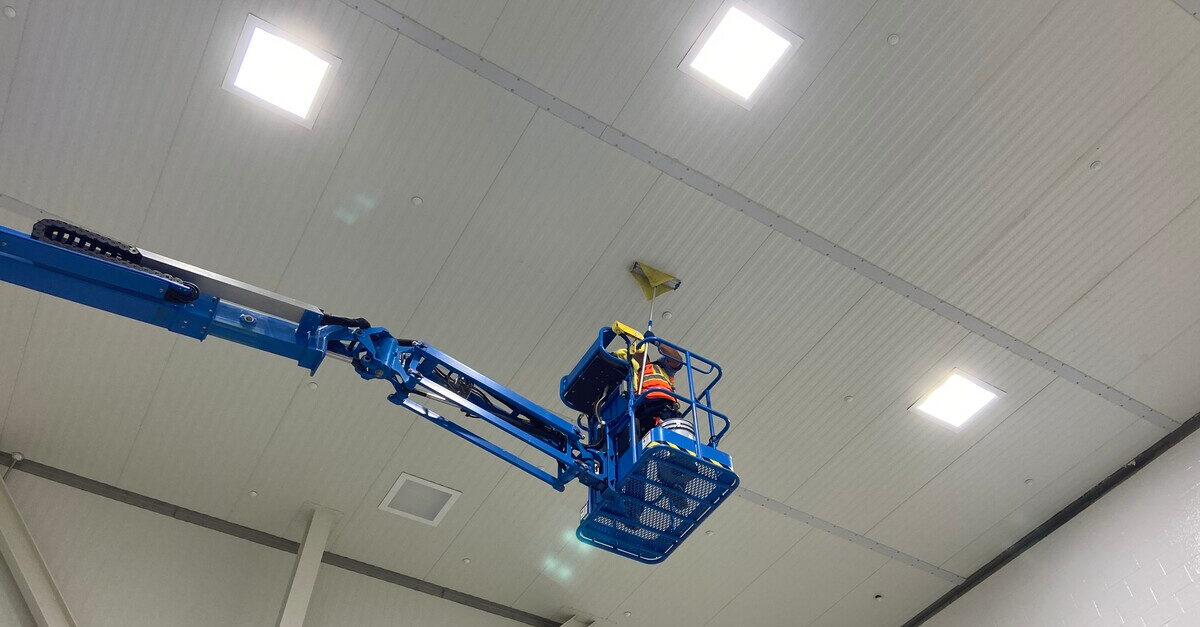Deep Clean or Glass Restoration, Part 2: Comprehensive Guide to Professional Glass Restoration
Despite your best efforts in regular upkeep, natural wear and tear sometimes take its toll on your windows. When you notice that even the most meticulous cleaning doesn’t restore former glory, it’s time for a strategic pivot. This article will help you recognize the signs of window deterioration and introduce window restoration as a cost-effective and budget-friendly alternative to complete replacement.
Glass Restoration: Reviving Your Windows
Addressing common issues like stubborn stains and fading clarity shouldn’t cost you an entire window installation. When regular window cleaning isn’t returning your windows to pristine condition or staining, clouding, and etching won’t go away, restoration may be in order.
Removing ground-level staining, which is expected due to hard water from irrigation systems, can rejuvenate your windows and add to your building’s curb appeal. This budget-friendly project is smaller in scope than a full glass restoration and is a good addition to any preventative maintenance plan, especially for areas notorious for hard water.
Understanding the true potential of glass restoration is knowing when to intervene. This isn’t merely about reversing obvious damage; it’s about preventing the gradual, often unnoticed, deterioration that accumulates into major financial drains. The environmental onslaught of sun and storms, as well as the occasional misadventures of accidental damages, merits a comprehensive approach to window wellness.
Commercial Window Restoration Process
Revitalizing your commercial windows through restoration isn’t merely an aesthetic upgrade—it’s a strategic move that strengthens their endurance and function. Consider it a proactive measure to secure your property’s market worth and the satisfaction of its tenants. When carried out correctly, the process can return the glass very close to its original clarity, offering a far more cost-effective solution than a complete replacement.
A typical glass restoration project may consist of the following elements.
Pressure Washing & Seal Facade
This step removes dirt and grime from the building’s facade using high-pressure water jets. Depending on your building, you may want to consider sealing or re-sealing the facade to prevent future mineral leaching and staining. Sealing can also help improve energy efficiency and maintain aesthetic appeal.
Restore the Glass
Similar to buffing a car, this method efficiently removes stains without harming the glass. The process involves applying a restorative cleaning product that is carefully buffed and polished across the window’s surface.
It’s a meticulous procedure that targets surface dirt and pollutants trapped within the glass’s microscopic imperfections, effectively eliminating deposits and staining that regular cleaning can’t address. To further lengthen the lifespan of the windows, a water repellant can be added, offering extra surface protection for the glass.
Deep Clean Window Frames
Deep cleaning involves thoroughly removing dirt, debris, and any corrosive elements accumulated over time, ensuring the frames’ structural integrity and visual appeal are maintained. Specialized cleaning solutions and techniques address each frame’s unique material, whether metal, wood, or vinyl, effectively rejuvenating them to match the restored glass’s pristine condition.
While the deep cleaning process is optional, restoration is an opportune time to implement this proactive measure. This step not only improves the overall look but also contributes to the longevity of the window system.
Quality Check & Final Walkthrough
This ensures the restoration process meets quality standards. The quality check and final walkthrough verifies the restoration has successfully restored the window’s aesthetics, ensuring a seamless blend with the building’s overall appearance.
This comprehensive approach guarantees the longevity and effectiveness of the restoration work. With the windows restored to their optimal state, attention shifts to maintaining their condition and performance through post-restoration care and maintenance.
Post-Restoration Care and Maintenance
Post-restoration, the service provider should clean the windows one final time, making them appear new. A best practice is to provide the customer with an after-action report to ensure they understand the ongoing maintenance necessary for upkeep.
We recommend:
- Regular Window Cleaning – Cleaning the exterior glass a minimum of 2-4 times a year removes dirt and pollutants while preserving visibility and glass quality. You can save in the long run and prolong the need for deep cleaning by staying on track with regular window cleaning, pressure washing, and sealing.
- Facade Cleaning & Resealing – Pressure washing the building facade every 5-7 years and following resealing guidance will help protect against environmental damage and water intrusion.
- Periodic Deep Cleaning – Deep clean exterior glass if it is affected by heavy build-up from deferred maintenance or construction debris. This more intensive cleaning addresses any buildup that regular cleanings cannot remove and checks the integrity of the frames.
While windows don’t last forever, a proactive approach to window and facade maintenance will extend their life and deliver a greater ROI on your investment.
Optimizing Your Building’s Window Longevity with Glass Restoration
Employing glass restoration and proactive care offers a strategic approach to revitalizing your commercial windows. Investing in restoration protects not just your windows but also your peace of mind, knowing that you’re preemptively mitigating risks and future expenses like window replacement.
Rest assured, with Valcourt’s expertise, you’ll be extending the life of your windows, enhancing the aesthetics of your building, and improving energy efficiency. If you suspect your windows need attention or professional cleaning, contact Valcourt today for a quote.



